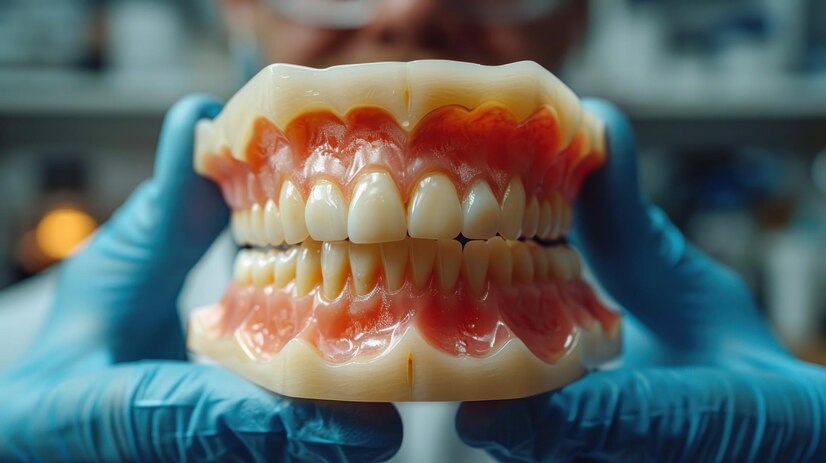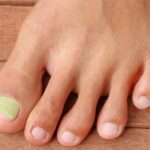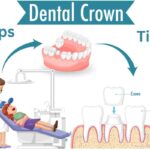Maintaining oral health is crucial for overall well-being; missing teeth can significantly impact this balance. Partial dentures present a practical and effective solution for those who have lost their back teeth. This comprehensive guide will explore benefits, types, care, and alternatives of partial dentures for back teeth to help you make an informed decision.
What Are Partial Dentures?
Partial dentures are removable dental appliances that are designed to replace more missing teeth. They are particularly beneficial for individuals who have lost their back teeth, known as molars and premolars, which are vital for chewing and maintaining facial structure.
 Importance of Replacing Teeth
Importance of Replacing Teeth
Back teeth play an essential role in:
- Chewing and Digestion: Molars grind food into smaller particles, aiding proper digestion.
- Speech and Pronunciation: Missing teeth can affect clarity in speech.
- Preventing Dental Shifting: When back teeth are missing, nearby teeth may shift out of alignment, leading to misalignment and additional issues.
- Jawbone Health: Back teeth roots stimulate the jawbone, maintaining density and preventing facial structure changes.
Types of Partial Dentures for Back Teeth
Different types of partial dentures cater to varying needs and preferences:
Acrylic Partial Dentures
- Description: Made with a pink acrylic base mimicking gum tissue and artificial teeth.
- Advantages: Affordable and easy to adjust.
- Limitations: Less durable, often considered a temporary solution.
Cast Metal Partial Dentures
- Description: Constructed with a durable metal framework supporting acrylic and artificial teeth.
- Advantages: Long-lasting, secure fit, and excellent stability.
- Limitations: Higher cost and may feel heavier.
Flexible Partial Dentures
- Description: Made of thin, lightweight materials that flex for a natural fit.
- Advantages: Comfortable, aesthetic, and less likely to irritate.
- Limitations: Less durable compared to metal dentures.
Benefits of Partial Dentures for Back Teeth
Partial dentures provide numerous advantages:
- Restored Chewing Function: Regain the ability to enjoy a varied diet.
- Improved Speech: Fill gaps to support more precise pronunciation.
- Enhanced Aesthetics: Prevent sunken cheeks and maintain facial structure.
- Cost-Effective: Affordable compared to implants and bridges.
- Prevention of Shifting: Keeps remaining teeth in proper alignment.
How Partial Dentures Work
Partial dentures are custom-made to fit your mouth and attach to natural teeth for stability. Here’s a brief overview of their design and functionality:
Design and Fit
Dentists take impressions of your mouth to make dentures that match your natural teeth in both color and size.
Retention and Stability
Metal clasps or precision attachments anchor the dentures securely, allowing comfortable daily use.
Adjustments
Initial discomfort is normal but resolves as your mouth adapts. Regular dental check-ups ensure proper fit and function.
Caring for Partial Dentures
Proper maintenance is essential for longevity and effectiveness:
- Daily Cleaning: Use a soft-bristled brush and denture cleanser. Avoid abrasive toothpaste.
- Overnight Soaking: Store in water or a cleaning solution to prevent warping.
- Handle with Care: Clean dentures over a soft surface to avoid damage if dropped.
- Regular Check-Ups: Visit your dentist to assess fit and address any issues.
Potential Challenges and Solutions
Wearing partial dentures may involve some challenges:
- Discomfort: Initial soreness is common; adjustments can help.
- Eating: Start with soft foods and gradually reintroduce more complex items.
- Speech Issues: Practice speaking aloud to adapt faster.
Alternatives to Partial Dentures
If partial dentures aren’t suitable, consider these alternatives:
Dental Bridges
Anchored to adjacent teeth, bridges offer a more permanent solution.
Dental Implants
A durable, long-term option involving titanium posts inserted into the jawbone.
Implant-Supported Dentures
Combines the stability of implants with affordability of dentures.
Conclusion
Partial dentures for back teeth are an excellent option for restoring oral health, functionality, and aesthetics and understanding the types, benefits, and care requirements. It is key to achieving optimal oral health. Whether opting for traditional dentures or exploring alternatives, consulting with your dentist is key.


 Importance of Replacing Teeth
Importance of Replacing Teeth


